NHS loses purpose due to absence of leadership and lack of direction
More service opportunities and structured meetings are necessary
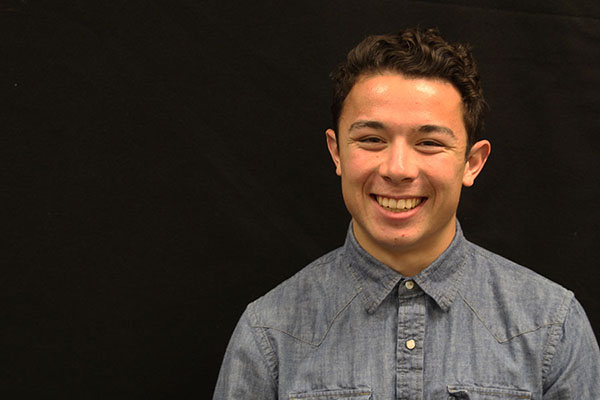
Recently, the Eisenhower Chapter of the National Honor Society has become the punchline of jokes in the halls. After too many early Wednesday mornings and nothing to show for them, the group has not only become a joke to those involved, it has been reduced to a disappointment to members and the people it could be helping. If changes are not made and the problem persists, it could damage the reputation of the organization and reflect poorly on the school as a whole.
In joining NHS, I did so under the belief that I was joining a group of academically talented students whose goal is to make a collective difference both in the school and the community. While I don’t doubt the former, the latter has evolved into more than a doubt. As members, we are required to have 15 hours of community service per semester. No big deal, you might think. In speaking to NHS members from Olathe East and Olathe Northwest, I learned that they have numerous opportunities to meet the requirement with relative ease. However, that is not true of NHS here.
This semester, there have been very few community service opportunities. In addition to tutoring at Monticello Trails middle school, there has only been one event, a 5K run, that NHS students have helped with. Last semester, there were just as few, perhaps two or three. That means that in the event that a member is active in other groups – as NHS encourages – or has prior commitments on the rare days that there is an opportunity to serve, they are left to find their own volunteer work to meet the requirement. The shortage of opportunities has ended up being both an inconvenience for members with busy schedules and a disappointment for those who genuinely want to make a difference.
In order to make a change, the root of the problem has to be addressed. Organization within NHS must improve before the collective group can. At meetings, leaders rarely arrive on time or at all, attendance is merely a second thought and most meetings go something like this: show up, wait for stragglers, officers or one of the sponsors makes one or two announcements (if any) and the meeting is adjourned.
As a two-year member, this is a dramatic change from even one year ago when we would have a weekly meeting, break into groups, take attendance, meet for most of our allotted time and have regular opportunities to serve. It felt as if we were actually doing things that mattered. Relative to last year, we’re merely twiddling our thumbs, and it’s become such a problem that some members no longer attend meetings. On a more personal level, I would rather have to get to school early once a week and use the time well than arrive early every other week to sit around for 15 minutes and accomplish nothing.
Additionally, officers can take advantage of their positions without the guidance of sponsors to improve the program. It seems that officers are waiting to be told what to do and, in the absence of direction, the proactivity of the group has suffered. In the future, rather than wait for orders, officers can help search for community service projects for the group to be involved in, have a role in making decisions and take more of a leadership position in organizing NHS-sponsored events. It should not be solely the responsibility of sponsors, who have other obligations to manage, just as students do. That being said, the most effective solution would be for officers and sponsors to work together to resolve the growing problems in NHS.
While I was filling out college applications, and as I continue to fill out scholarship applications, it has been difficult writing “NHS” on my resume and feeling like it is a satisfactory qualification for acceptance or reward. Similarly, I will have a hard time being proud to wear the NHS stole as I walk across the stage in May. Now, I can only hope that future members do not have the same experience, and instead come out of the organization both proud of their service and proud to be associated with such a distinguished group of individuals.
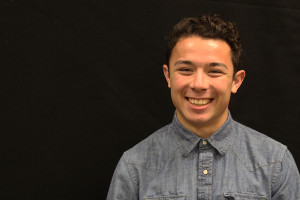
Senior Jack Lopez is in his third and final year on the newspaper staff. After being a reporter one year and the opinions editor the second, he will be the managing and copy editor for the 2013-2014 publication. When he isn't in the journalism room, Jack is usually playing soccer, making music or working. One of his favorite quotes is "Be soft. Do not let the world make you hard. Do not let pain make you hate. Do not let the bitterness steal your...





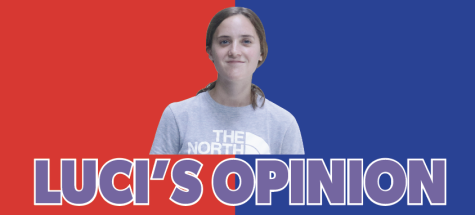
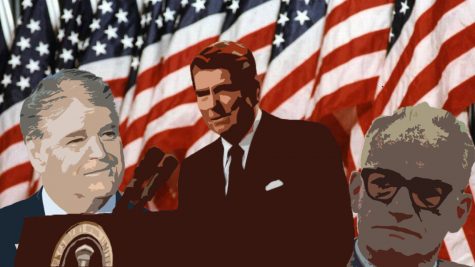
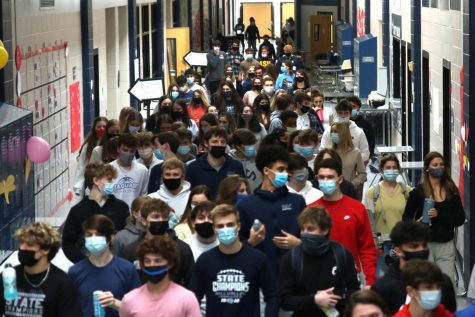
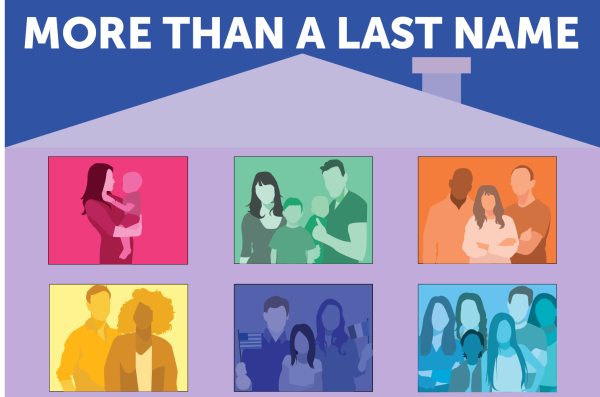


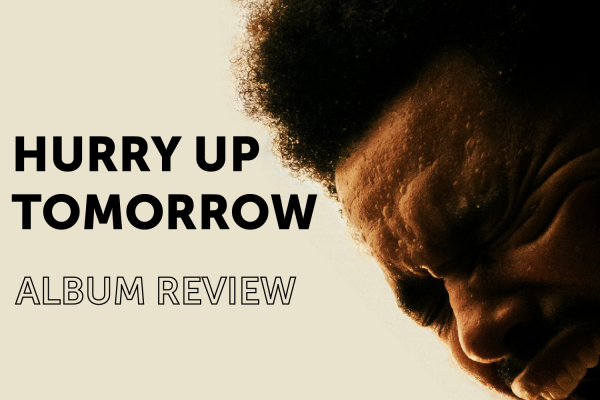
Alyssa Hobson • Mar 13, 2014 at 4:51 pm
In response to this attack on NHS I would simply like to point out that the group is what the members make it. As with all opportunities in life, it is up to you to make the most of them. Placing all the blame on position holders is unfair. You stated that “Officers can help search for community service projects for the group to be involved in” This is not a privilege held only by officers, anyone in the group can do this and when seeing that few events were occuring, nothing was preventing you from bringing some to the group on your own. Last year, many events were ideas from members, not exclusively leaders and sponsors. Even one or two of this year’s events were brought up by members. Being inducted into NHS means that you are a leader, which is why we are given so much freedom to choose our own community service and the majority of members have been doing a great job of helping the community for their individual hours. So while I don’t think its acaccurate to label the organization as a “joke,” or “disappointment,” I would agree that NHS has much room for improvement, and all members should take part in making it more meaningful.